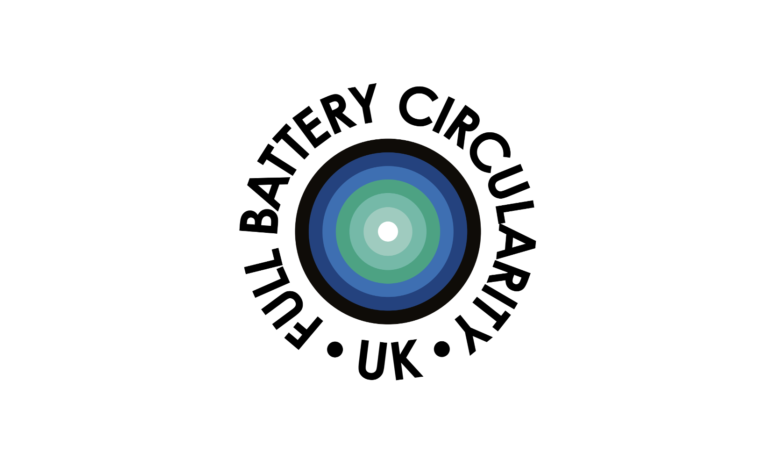Altilium has secured grant support for a £1m (US$1.35m) project from the Department for Business and Trade and the UK government’s new Drive35 program, delivered through the Advanced Propulsion Centre, for rapid development of an innovative low-carbon transportation solution for end-of-life EV batteries.
The funding will fast-track the development of a functioning prototype designed specifically for safe, sustainable and cost-efficient collection and transportation of large volumes of end-of-life EV batteries, supporting the development of a circular economy for EV batteries in the UK.
The project builds upon Altilium’s full battery circularity model. By integrating safe, low‑carbon collection with its proprietary EcoCathode recycling technology, Altilium aims to offer customers a complete end-to-end solution, where spent batteries are collected, then shredded, to produce black mass, before chemical refining turns this into battery-ready materials, including graphite, battery metal salts, p-CAM and CAM.
Dr Christian Marston, Altilium COO, commented, “We’re grateful for the APC’s continued support for innovative zero emission technologies and the UK government’s commitment to building a globally competitive EV supply chain. With this new Drive35 funding we are building the next phase of our full battery circularity model, reducing potential barriers to high collection rates needed to support robust recovery and recycling and ensuring critical resources remain in the UK.”
In the UK, the volume of end-of-life batteries is projected to be around 1.4 million packs per year by 2040. Studies estimate that on average, transportation represents 41% of the total cost of recycling and contributes up to 3.5% of life cycle GHG emissions for a recycled battery.
In parallel with the launch of recell.store, a UK marketplace for used EV batteries, the project aims to secure a consistent feedstock supply for Altilium’s current and future recycling facilities. This includes its upcoming ACT 3 plant in Plymouth. Scheduled for commissioning in late 2026, the advanced scale-up facility will be capable of recovering critical battery materials from up to 24,000 EVs annually.
In related news, the European Commission has announced that six electric vehicle (EV) battery cell manufacturing projects will receive a total of €852m (US$997m) in grants from the Innovation Fund, using revenues from the EU Emissions Trading System (EU ETS). Read the full story here


